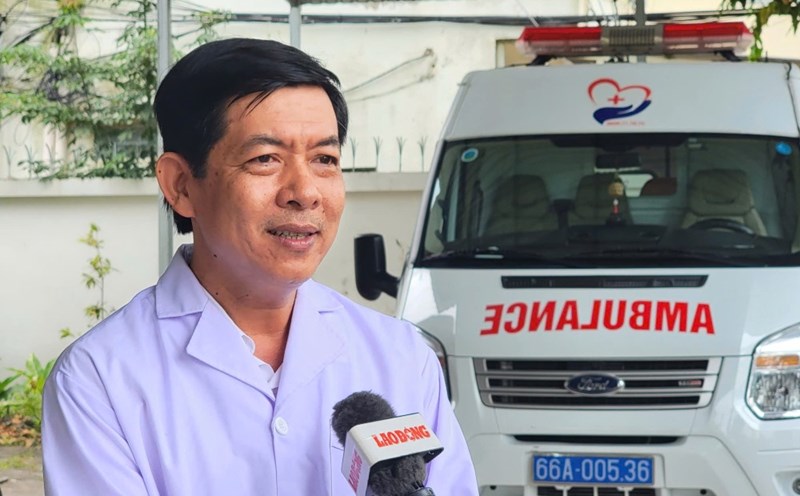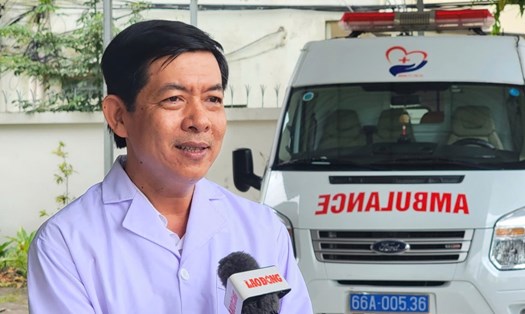In Dong Thap, the situation of commune and ward health stations being empty of patients, even having to return electrocardiogram machines to higher levels because no one uses them, has become a common story.
And it is worth mentioning that this situation is not just a matter of Dong Thap or the Mekong Delta region but a common matter of the whole country, including remote areas.
The main reason is that commune and ward health stations lack both facilities and human resources, leading to people, even with stomachaches, thinking of transferring to a higher level because they lack trust.
Many years ago, there were many opinions that commune health stations across the country should be dissolved because they were ineffective, wasted resources, and caused people to lose confidence in the national health system.
Disbanding is not feasible, because commune and ward health stations have been playing the role of an important "crossroads" between the people and the national health system.
The role of health stations is not only limited to primary medical examination and treatment, but also includes many important public health functions.
These include managing chronic non-communicable diseases such as hypertension and diabetes; implementing national target programs such as tuberculosis, leprosy, HIV, mental health; vaccination programs; school health; community nutrition...
It is these functions that have created the irreplaceable role of health stations in the health system.
So the problem now is to innovate and reorganize the system of commune and ward health stations to make it truly effective and suitable to actual needs.
By investing synchronously in infrastructure, equipment and remuneration mechanisms for doctors and medical staff, there is a mechanism to connect doctors at the station with experts at upper-level hospitals to ensure timely professional support.
In addition, it is necessary to diversify the methods of medical examination and treatment at the station. Piloting the model of multidisciplinary clinics linked with district hospitals or innovating according to the principles of family medicine as in Ho Chi Minh City, which has been piloted very successfully and attracted a large number of patients for many years, is an important suggestion.
The system of commune and ward health stations needs to be maintained and developed to become reliable, modern, and close "gatekeepers", better meeting the health care needs of the people!












